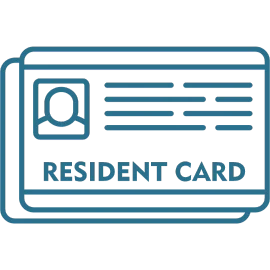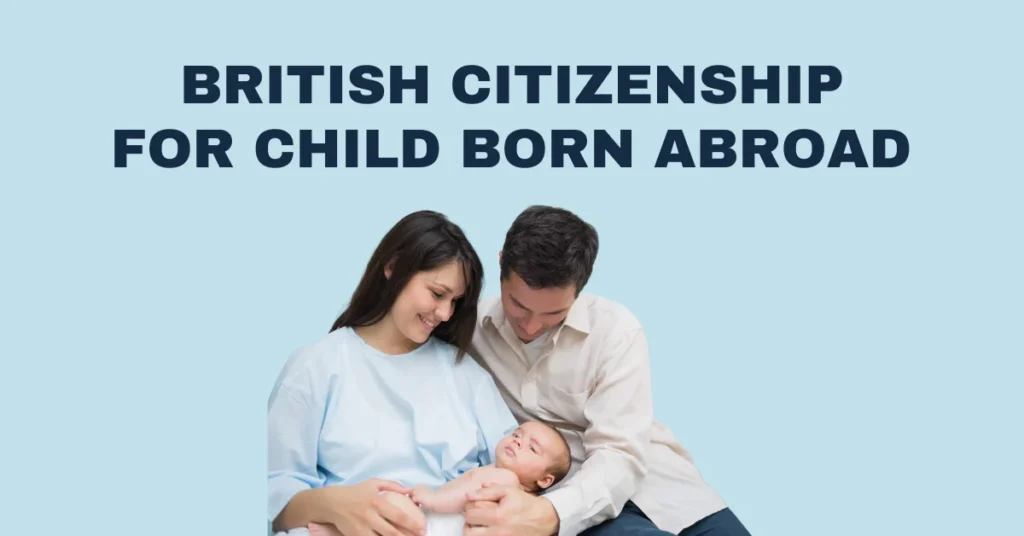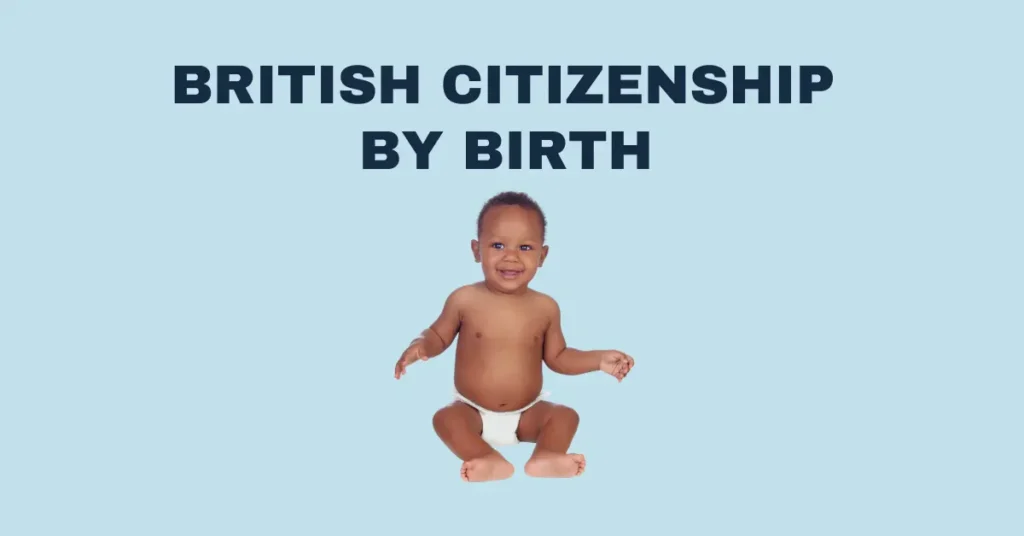Securing UK Residency (PR), also known as Indefinite Leave to Remain (ILR), in the UK signifies the freedom to live, work, and study indefinitely without the hassle of visa renewals. Meeting the criteria for UK PR typically demands continuous residence in the country for at least 5 years. However, the timeframe varies based on your existing UK visa type. For instance, holders of the Innovator Founder Visa or the Global Talent Visa may qualify for UK PR (ILR) in just 3 years.
Key pathways to UK residency include:
- Family Visa: 5 years
- Work Visa: 5 years
- Business Visa: 3 to 5 years
- Long-term residence leading to ILR: 10 years
This compilation isn’t exhaustive and is applicable to both EU and non-EU nationals seeking PR in the UK.
For tailored guidance on your options and considerations for your family, connect with our immigration solicitors. Call us at 020 3744 2797 or reach out via email at mail@jpsimmigration.com.
UK PR as a family member of a settled resident or British citizen.
Securing Permanent Residency (PR) in the UK as a family member of a settled individual or British citizen is attainable under specific circumstances. Eligible family members encompass partners/spouses, children, and dependent relatives requiring care. A settled individual denotes someone who has acquired permanent residency in the UK or is a British citizen.
Several sought-after family visas paving the way to UK PR include:
- Spouse Visa: Obtainable for a duration of either 2 or 5 years, contingent upon circumstances such as proof of relationship and financial stability.
- Child Visa: Attainable once a parent secures permanent residency status, ensuring the child’s eligibility.
- Adult Dependant Relative Visa: Accessible upon the establishment of the UK-based carer’s permanent residency, enabling the dependent relative to apply.
To successfully apply for UK Permanent Residence as a family member of a settled individual or British citizen, fulfilling these criteria is crucial:
- Residency: Living in the UK for 2 or 5 years (applicable for spouse visa holders) or having an immediate family member with permanent residency (for child or adult dependant applications).
- Relationship requirements: Demonstrating cohabitation with a spouse, civil partner, or unmarried partner for partners applying.
- Financial criteria: Meeting specific income thresholds (e.g., a combined income of at least £29,000 for the 5-year spouse visa route).
- Passing the Life in the UK test.
- Meeting English language proficiency benchmarks.
This compilation adheres to UK spelling and aims to provide comprehensive details to guide applicants seeking PR as family members of settled individuals or British citizens.
Attain UK Permanent Residency (PR) through a work visa.
A work visa, like the Skilled Worker Visa, allows you to work for a UK employer and can lead to Permanent Residency (PR) after holding it for 5 years. While the Skilled Worker Visa is a straightforward path for non-EU nationals to attain PR, several other UK work visas, including the Scale-up, Health and Care Worker, and Global Talent visas, also qualify for UK residency.
However, not all work visas guarantee permanent residency. For instance, visas like the Senior or Specialist Worker under the Global Business Mobility route (formerly known as Tier 2 ICT) and the High Potential Individual (HPI) Visa do not offer a direct route to PR. Nonetheless, it’s possible to switch to another qualifying visa type. The HPI visa, advantageous in various ways, even permits students to work in the UK without needing a job offer, provided they meet specific criteria.
To secure PR in the UK through a work visa, ensure to meet the following criteria:
- Residency Duration: Reside in the UK for the required period under the specific work visa (typically 5 years for most categories).
- Sponsorship Continuation: Maintain ongoing sponsorship by your UK-based employer throughout your residency.
- Job Qualification: Hold a job that meets the criteria for qualification under your visa category. Ensure that your employment aligns with the guidelines outlined for your specific visa type.
- Financial Thresholds: Meet the minimum income requirements set for your job role. These criteria vary depending on the visa category and might involve specific income thresholds or financial obligations.
- Life in the UK Test: Successfully pass the Life in the UK test, which assesses your knowledge of British traditions, customs, and history.
- English Language Proficiency: Meet the stipulated English language requirements. This typically involves demonstrating proficiency through recognised language tests or educational qualifications.
Secure UK permanent residency through your business.
Eligibility for a UK business visa, like the Innovator Visa, hinges on your innovative business idea for establishment in the UK. Presently, the Innovator Visa stands as one of the most straightforward paths to UK Permanent Residency (PR) for non-EU nationals, granting PR in just 3 years.
However, not all business visas guarantee a direct route to PR, such as the Start-up Visa. To attain PR as a Start-up Visa holder, transitioning to an Innovator Visa becomes necessary.
Qualifying for PR as an Innovator Visa holder entails:
- Continuous UK Residency: Maintain continuous residency in the UK under the Innovator Visa for 3 years.
- Business Endorsement: Obtain a new endorsement for your business, demonstrating continued innovative activity.
- Life in the UK Test: Successfully pass the Life in the UK test, assessing your knowledge of UK society, culture, and history.
- English Language Proficiency: Meet the prescribed English language requirements as per the visa guidelines.
Adhering to these specific criteria is essential for Innovator Visa holders aiming to secure Permanent Residency (PR) in the UK.
UK permanent residency for EU nationals.
Post-Brexit, EU nationals aiming for permanent residency in the UK must apply via the EU Settlement Scheme. Those who commenced living in the UK before January 31st, 2021, could be granted either pre-settled or settled status. Pre-settled status indicates residency for under 5 years, while settled status confirms 5 years or more in the UK, achieving permanent residency.
For EU nationals arriving in the UK after January 31st, 2021, alternative visa routes outlined earlier offer pathways to attain permanent residency.
This revised version provides a concise overview of the pathways for EU nationals to gain permanent residency in the UK after Brexit while using British spelling and presenting the information uniquely.
How to apply for UK permanent residence
To proceed with your UK permanent residency application:
- Fill and submit the online application form, which varies based on your chosen pathway. You can include your eligible partner and children in your Indefinite Leave to Remain (ILR) application.
- Settle the application fee.
- Arrange and attend an appointment at a UKVCAS office to provide your biometric details, including a photo and fingerprints.
- Submit any requested documents by the Home Office, such as your Life in the UK test pass certificate.
Upon submission, typical processing time for a decision is around 6 months. Additionally, you might opt for the priority service, providing a decision within 5 working days for a fee of £500, or the super priority service for a decision within 1 working day for a fee of £1000.
Other ways to get PR in the UK
Additional ways to secure UK Permanent Residency include:
- Discretionary Leave to Remain: Granted in exceptional circumstances, allowing individuals to reside in the UK for a specific period.
- ILR following Domestic Violence: Provided for individuals who have experienced domestic abuse and meet specific criteria, allowing them to apply for Indefinite Leave to Remain.
- The 7-Year Child Route: Offering an avenue for children who have lived in the UK continuously for 7 years to seek Indefinite Leave to Remain.
- The 10-Year Long Residence Route: Available for individuals who have lawfully lived in the UK for 10 years continuously and wish to apply for Indefinite Leave to Remain.
- The Private Life Route: Pertaining to individuals residing in the UK for an extended period and aiming to apply for Indefinite Leave to Remain based on their private life circumstances.
- Service in the Armed Forces: Providing an opportunity for foreign nationals who have served in the UK Armed Forces to seek Indefinite Leave to Remain.
For a comprehensive discussion about these diverse routes leading to UK Permanent Residency, contact our immigration solicitors. Arrange a free telephone consultation at +44 (0) 333 577 0034 or through email at mail@jpsimmigration.com.
Frequently Asked Questions
What are the pathways to attain Permanent Residency (PR) in the UK?
Various pathways lead to obtaining permanent residency in the UK, encompassing family, work, or business visas. Other routes include the 10-year-long residency, the private life pathway, and eligibility post-serving in the armed forces. Typically, meeting the requirement involves residing in the UK under a qualifying visa for a minimum of 5 years (although this duration might be as short as 2 or 3 years, depending on your visa type).
How do I secure UK permanent residency after my studies?
Upon completion of studies in the UK, initiating the path towards permanent residency can begin with an application for a Skilled Worker visa. This route allows for eligibility to apply for permanent residency after a 5-year period. Alternatively, if you’ve attended a highly ranked non-UK university, exploring the High Potential Individual (HPI) visa might be an option. However, transitioning to a Skilled Worker visa within the UK becomes necessary, as the HPI visa itself doesn’t culminate in UK permanent residency.














































